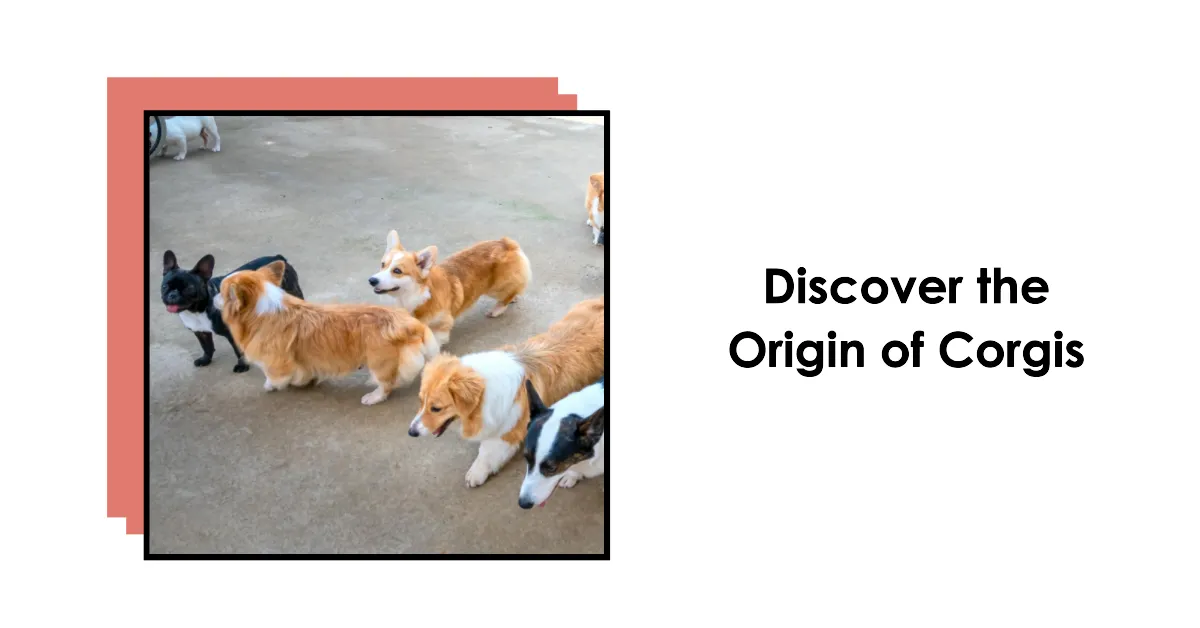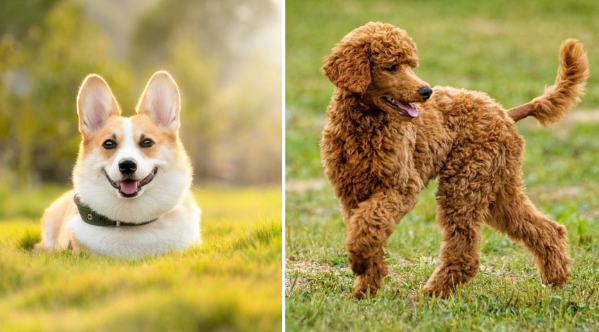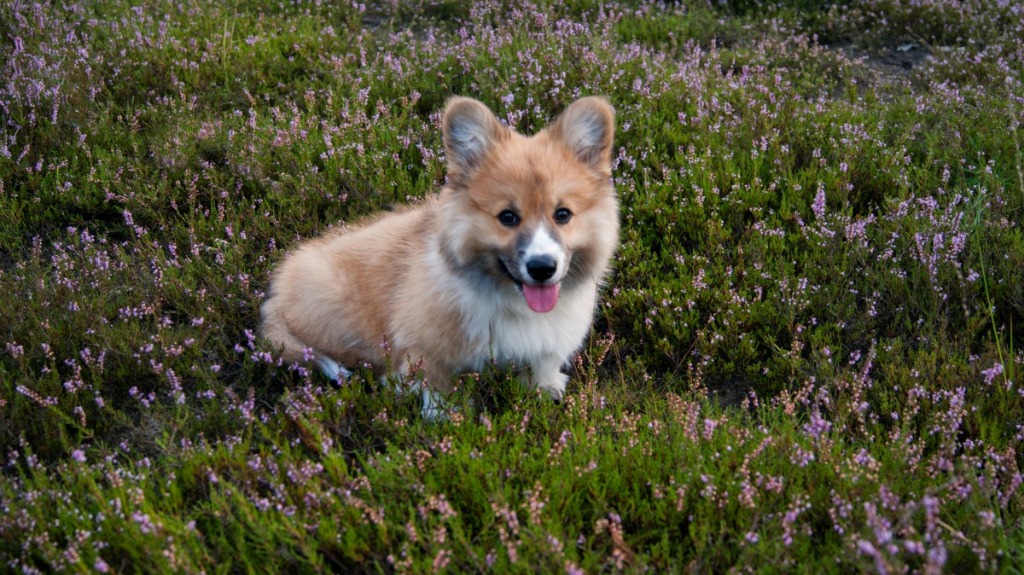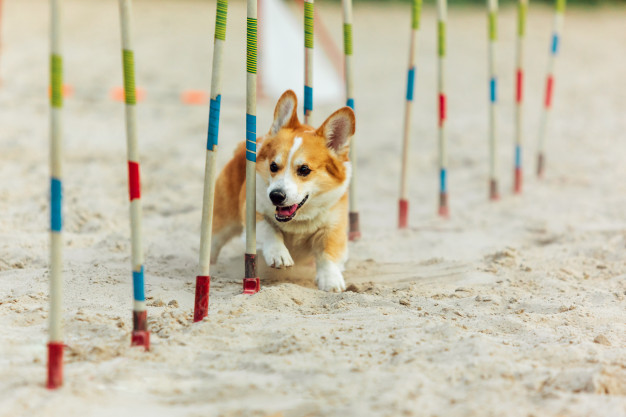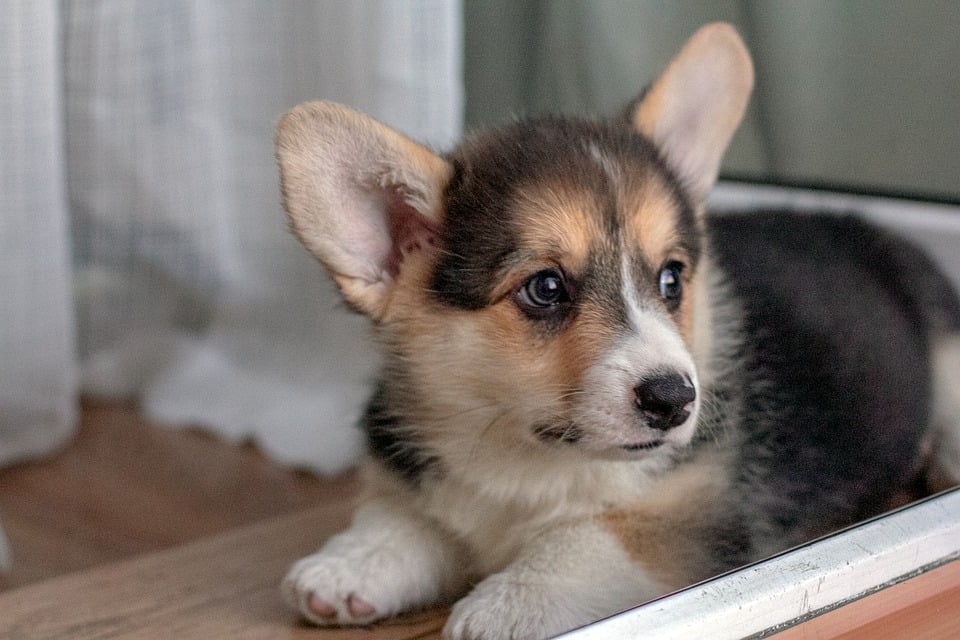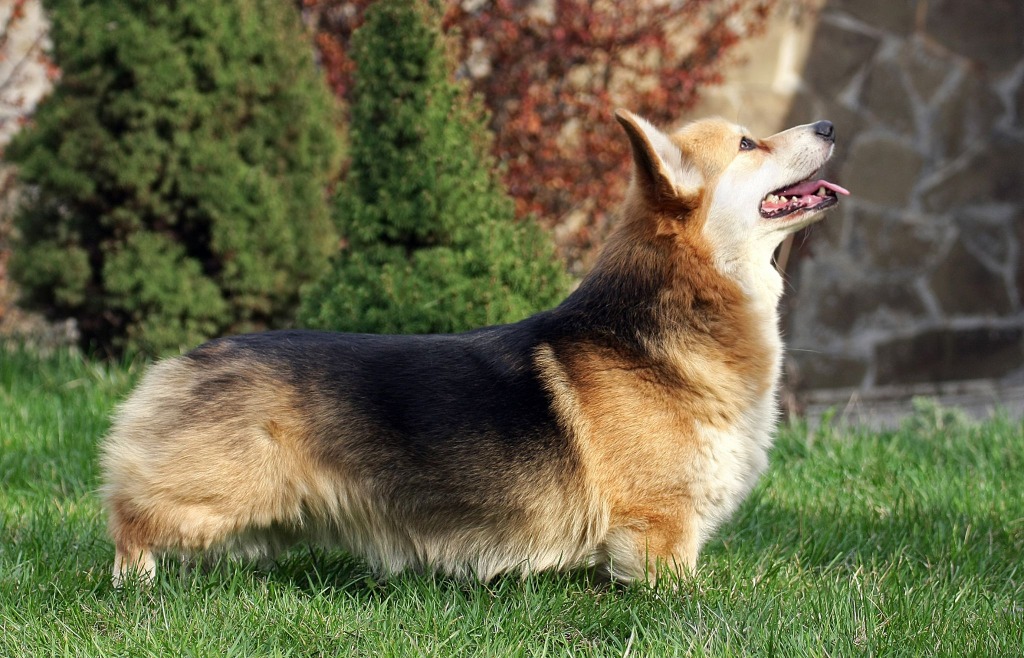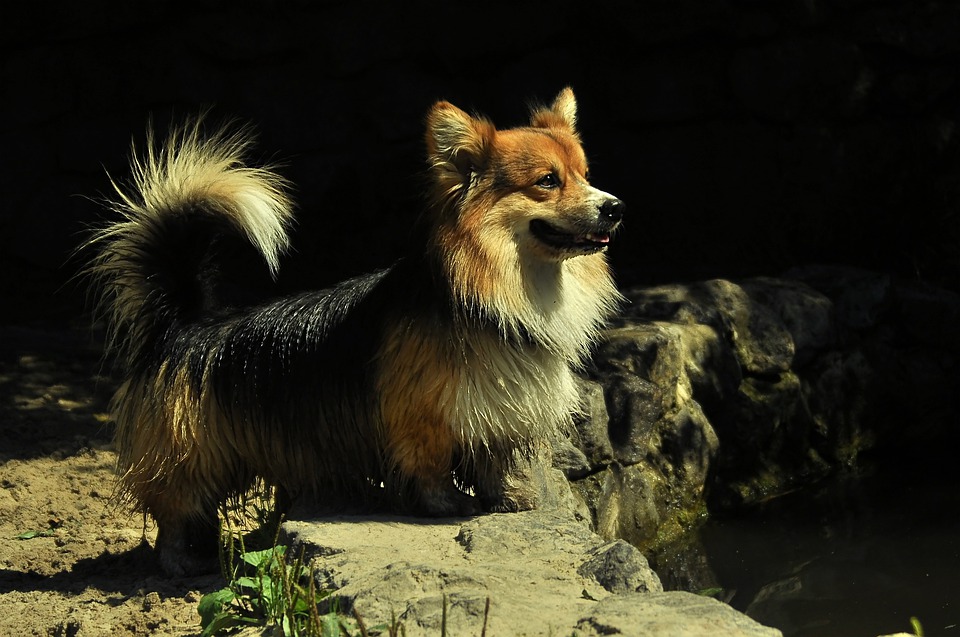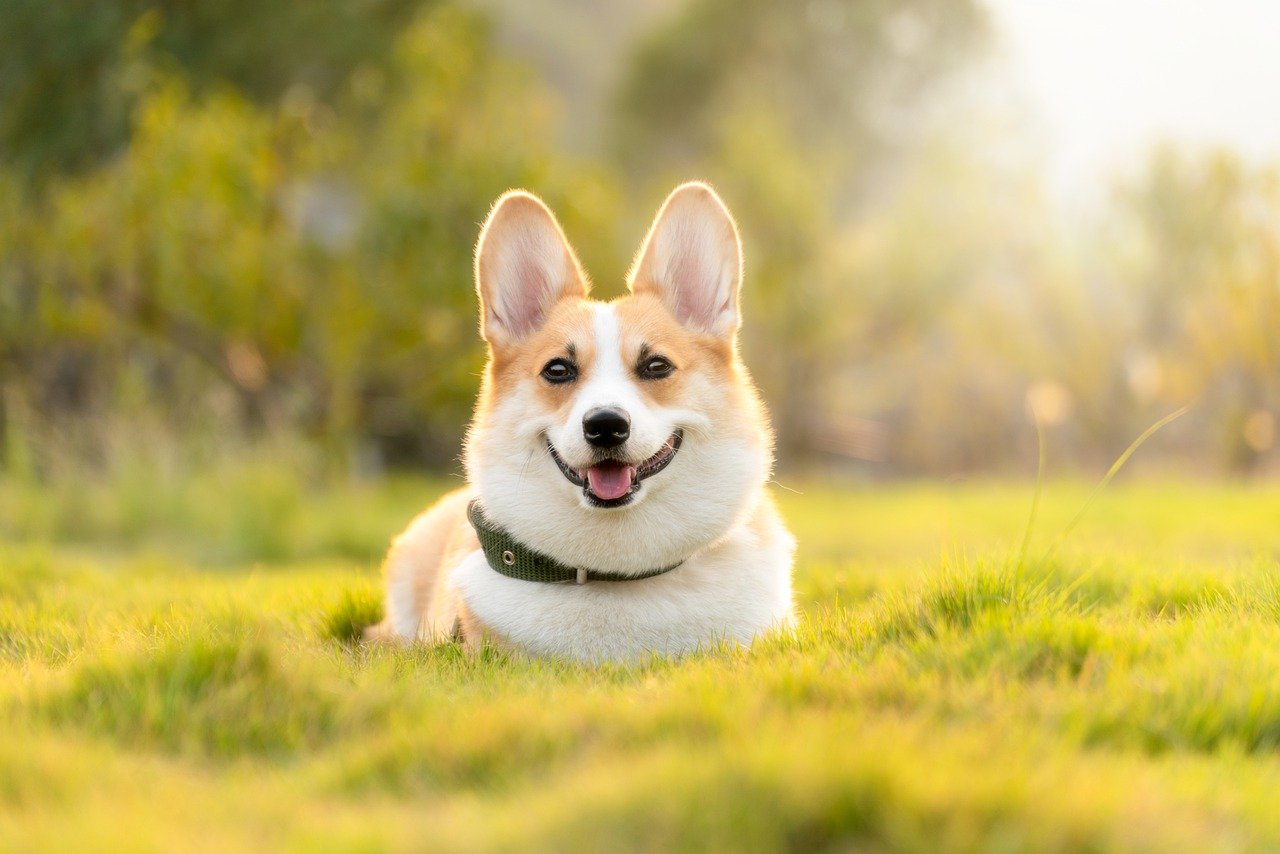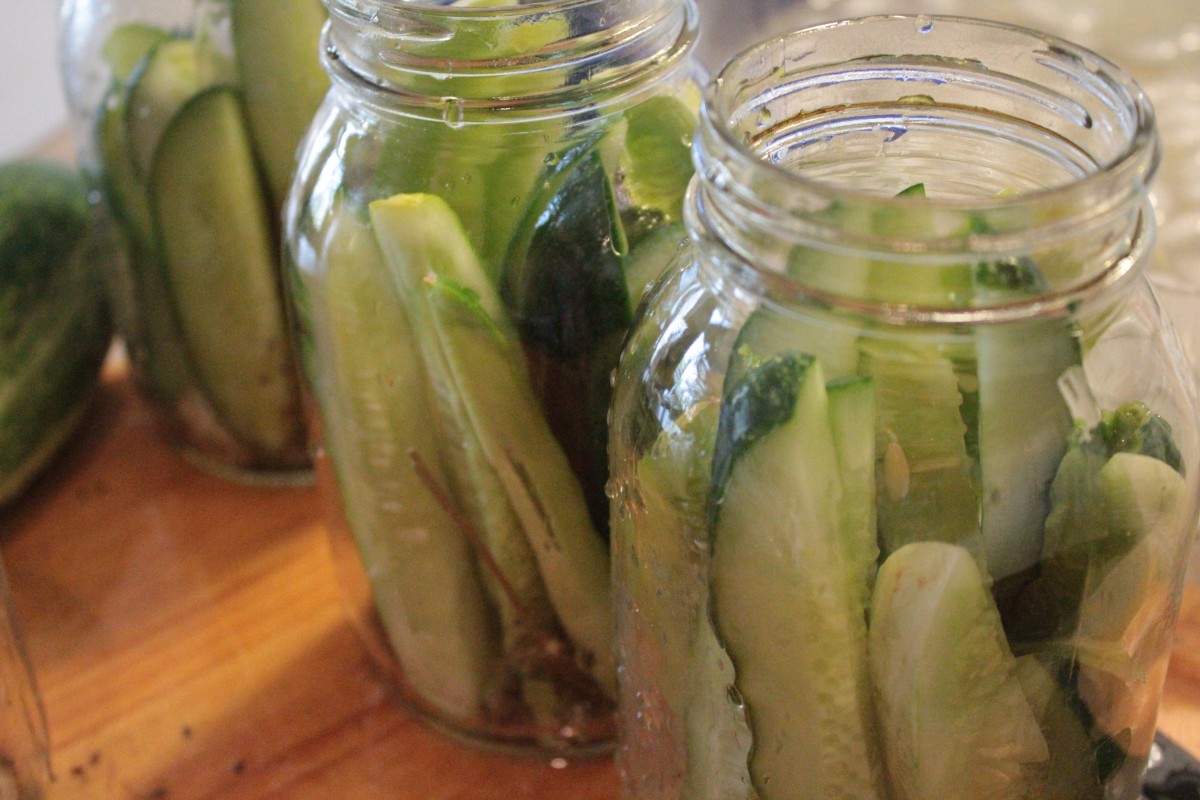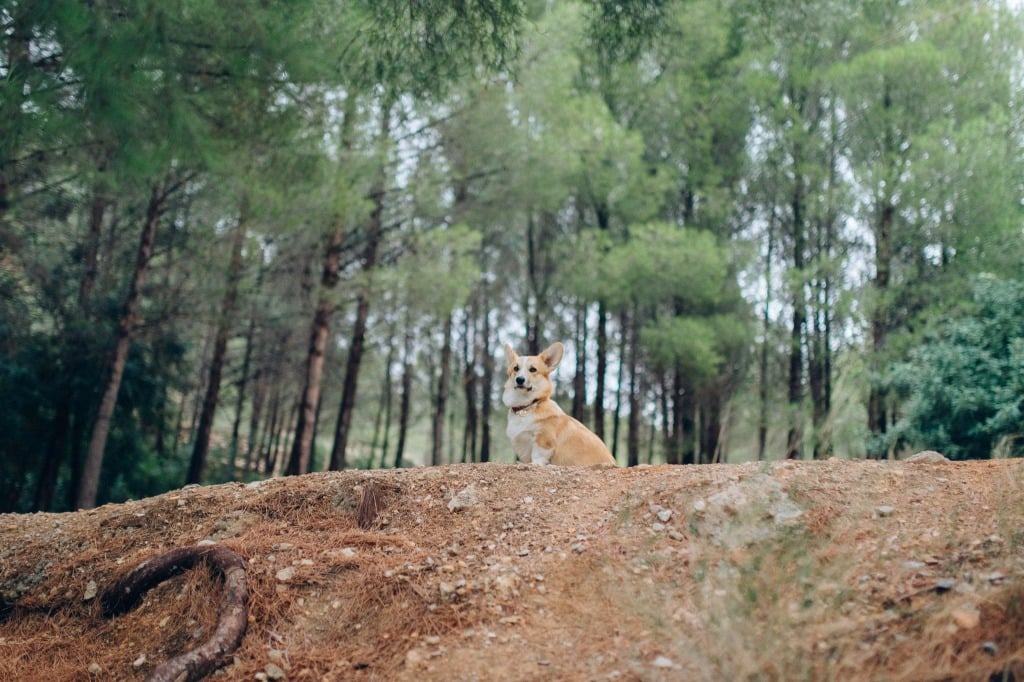Understanding the Intricacies of Corgi Breeding
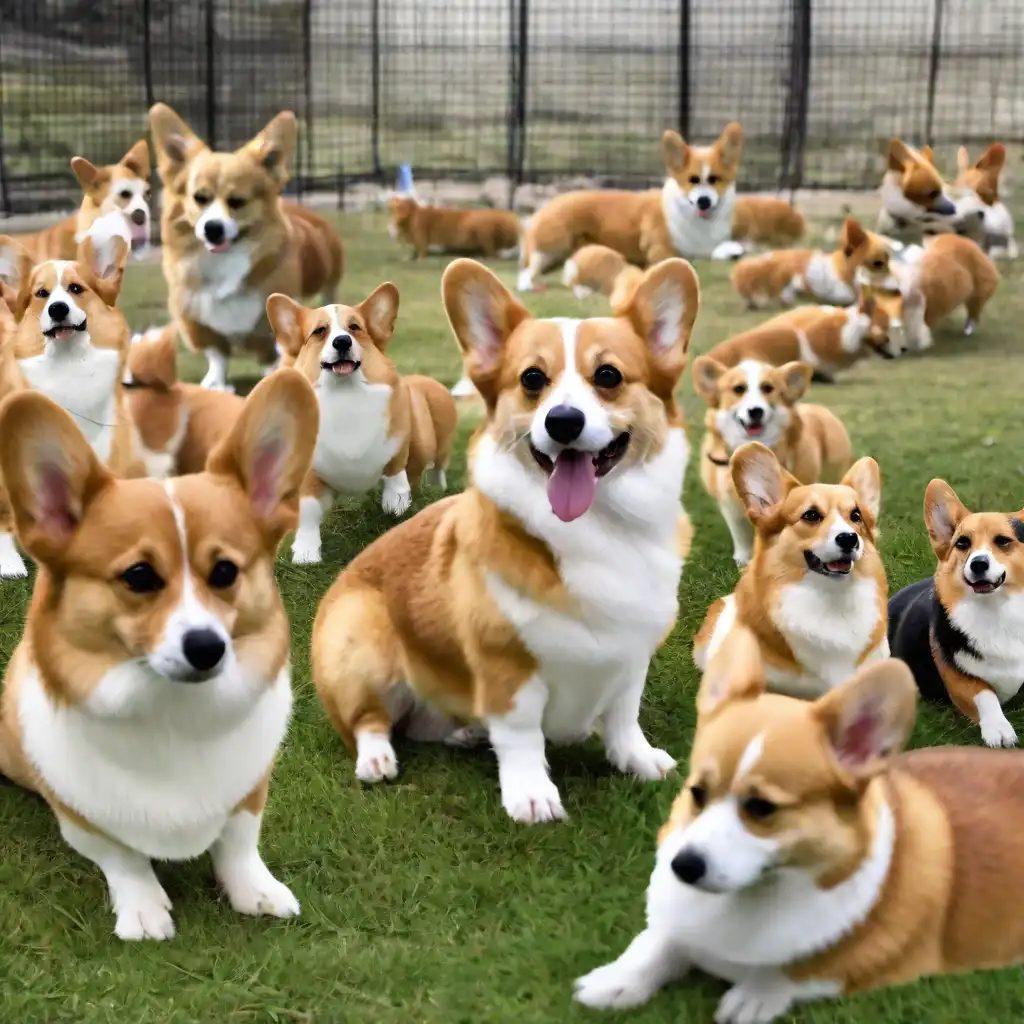
Do you ever wonder how those adorable little Corgis are bred? Well, get ready to dive into the fascinating world of Corgi breeding! Understanding the intricacies of Corgi breeding can be a rewarding and eye-opening experience.
From their rich history to the science behind their genetics, there is so much to learn about these lovable furballs. In this guide, we'll explore the key physical traits that make Corgis so unique, delve into the selective breeding practices that ensure the breed's quality, and discuss the importance of responsible breeding ethics.
We'll also touch on the essential considerations for maintaining the health of Corgi puppies. So, if you're ready to unlock the secrets behind Corgi breeding and become a knowledgeable Corgi enthusiast, let's get started!
Corgi Breeding History
To understand the intricacies of Corgi breeding, it's important for you to familiarize yourself with the history of this beloved breed. Corgis have a rich and fascinating history that dates back centuries. These adorable dogs were originally bred in Wales for herding purposes. Their low stature and agile bodies allowed them to effectively herd cattle and sheep.
Over time, Corgi breeding techniques evolved to focus on maintaining the breed's unique characteristics, such as their short legs and long bodies. Corgi breeding standards were established to ensure that these traits were preserved.
Today, Corgis are popular pets worldwide, known for their friendly nature and intelligence. Understanding the history of Corgi breeding gives us insight into the breed's development and helps us appreciate their remarkable traits even more.
Key Physical Traits of Corgis
Now let's talk about the key physical traits that make Corgis so unique.
First, their body proportions are adorable - they've short legs, a long body, and a big chest that gives them a sturdy and compact appearance.
Second, their coat variations are quite striking - you'll find Corgis with either a fluffy, double coat or a sleek, single coat, both equally charming.
Lastly, their tail characteristics are worth mentioning - some Corgis have a naturally long tail, while others have a docked tail or a naturally short tail, adding to their overall cuteness.
Corgi Body Proportions
You should understand that a corgi's body proportions are key physical traits that contribute to their unique appearance.
Corgis have a distinctive body structure that sets them apart from other dog breeds. Their long, low-slung bodies and short legs are the result of specific growth patterns.
As puppies, corgis have a rapid growth phase, where their bodies lengthen quickly. However, their legs take longer to develop, resulting in their characteristic short stature.
This unique body proportion gives them the agility and flexibility needed for herding cattle. It also adds to their adorable and endearing appearance.
Corgi Coat Variations
Explore the various coat variations that are key physical traits of corgis. Corgis come in a variety of coat types, each with its own unique characteristics. Here are some of the most common variations you'll find:
- Pembroke: The Pembroke Welsh Corgi typically has a double coat consisting of a dense, weather-resistant outer coat and a soft undercoat. This coat requires regular grooming to keep it looking its best.
- Cardigan: The Cardigan Welsh Corgi also has a double coat, but it tends to be longer and thicker than the Pembroke's. This coat requires regular brushing to prevent matting and tangling.
- Fluffy: Some corgis have a longer, fluffier coat due to a genetic variation. These corgis often require more frequent grooming to keep their coats healthy and free from tangles.
- Shedding: Corgis are known for their heavy shedding. They've a thick double coat that sheds year-round, and during shedding season, you can expect even more hair to be flying around. Regular brushing and grooming can help minimize shedding and keep your corgi's coat looking its best.
Understanding the different coat variations and their grooming needs will help you keep your corgi looking fabulous while managing their shedding patterns.
Corgi Tail Characteristics
To delve into the key physical traits of corgis, let's first examine the distinctive characteristics of their tails.
Corgis are known for their adorable little nubs, which are a result of tail docking. Now, the corgi tail docking controversy is a hot topic among dog enthusiasts. Some argue that tail docking is unnecessary and cruel, while others believe it's a traditional practice that has its benefits.
Whatever your stance may be, it's important to understand that corgis with natural tails also exist. These corgis have longer tails that they use for communication. In fact, a corgi's tail wagging behavior can tell you a lot about their emotions. They wag their tails when they're happy, excited, or seeking attention.
Understanding Corgi Genetics
So, you've fallen in love with Corgis and you're curious about their genetics? Well, let's start by talking about the inherited health conditions that can affect these adorable pups.
From hip dysplasia to degenerative myelopathy, it's important to be aware of these potential issues when considering breeding.
Next, we'll explore the fascinating world of color and coat variations in Corgis and how they're passed down through generations.
Lastly, we'll discuss how breeders strategically select and breed for specific traits to improve the overall quality and health of these beloved dogs.
Ready to dive into the world of Corgi genetics? Let's go!
Inherited Health Conditions
To better understand the intricacies of Corgi breeding, it's important for you to be aware of the inherited health conditions that can occur due to Corgi genetics. While Corgis are generally healthy dogs, there are certain conditions that can be passed down from generation to generation. Here are some key points to consider:
- Genetic testing: It's crucial for responsible breeders to conduct genetic testing on their breeding dogs. This helps identify potential health issues and allows breeders to make informed decisions when pairing dogs for breeding.
- Breeding regulations: Breeding regulations are put in place to ensure the overall health and well-being of the breed. These regulations often include guidelines on genetic testing, health clearances, and responsible breeding practices.
- Common health conditions: Corgis are prone to certain health conditions such as hip dysplasia, degenerative myelopathy, and progressive retinal atrophy. Understanding these conditions can help breeders make informed choices when selecting breeding pairs.
- Responsible breeding: Responsible breeders prioritize the health and temperament of their dogs over profit. They strive to eliminate or reduce the occurrence of inherited health conditions through careful selection and testing.
Color and Coat Variations
Explore the fascinating world of Corgi genetics by delving into the intriguing realm of color and coat variations. When it comes to Corgi breeding trends, the coat color is often a popular consideration.
Did you know that genetic factors play a significant role in determining the color and coat variations of Corgis? These factors can influence everything from their fur length to the shades of their coat. For example, the presence or absence of certain genes can determine whether a Corgi will have a red, sable, or tri-color coat. Additionally, the type of coat, whether it's fluffy or sleek, is also influenced by genetics.
Understanding these genetic factors is crucial for breeders who want to produce Corgis with specific coat colors and variations. So, if you're fascinated by the diversity in Corgi coats, dive into the world of Corgi genetics and uncover the secrets behind their color and coat variations.
Breeding for Specific Traits
When breeding Corgis, it's important to understand the genetics behind specific traits in order to achieve desired characteristics. Genetic selection plays a crucial role in the breeding process, allowing breeders to carefully choose which traits to pass on to future generations.
Here are four key points to consider when breeding for specific traits:
- Heritability: Some traits are more heritable than others, meaning they're more likely to be passed down from parent to offspring. Understanding the heritability of a trait can help breeders predict its appearance in future generations.
- Breeding pairs: Selecting the right breeding pairs is essential for producing puppies with the desired traits. Breeders must carefully consider the genetic makeup of both the male and female Corgis to ensure compatibility and increase the chances of passing on the desired traits.
- Genetic testing: Utilizing genetic testing can provide valuable information about the presence of specific traits or genetic disorders. This knowledge can help breeders make informed decisions and reduce the risk of passing on undesirable traits.
- Selective breeding: By intentionally breeding Corgis with specific traits, breeders can gradually establish those traits within a line of Corgis. This process requires careful planning and patience, as it may take multiple generations to achieve the desired characteristics.
Understanding the intricacies of Corgi genetics and incorporating genetic selection into the breeding process is key to successfully breeding for specific traits.
Selective Breeding Practices
By carefully evaluating and intentionally pairing compatible Corgis, breeders can ensure the continuation of desirable traits in their litters. Selective breeding practices involve choosing dogs with specific characteristics to breed together, resulting in puppies that have a higher likelihood of inheriting those traits. This process allows breeders to maintain and improve the quality of the Corgi breed.
However, it's important to strike a balance between maintaining desirable traits and preserving genetic diversity in Corgis. Inbreeding, which involves breeding closely related dogs, can lead to a decrease in genetic diversity and an increased risk of inherited health problems. To prevent this, responsible breeders carefully consider the genetic background of their dogs and aim to introduce new bloodlines when necessary.
Health Considerations in Corgi Breeding
To ensure the overall health and well-being of Corgis, it's crucial for breeders to prioritize careful health considerations throughout the breeding process. Here are some important health considerations to keep in mind:
- Genetic testing: Before breeding, it's essential to conduct genetic testing to identify any potential hereditary health issues. This helps ensure that the puppies are healthy and free from genetic disorders.
- Breeding for temperament: While physical health is important, it's equally vital to breed Corgis with good temperaments. This means selecting parents with stable and friendly temperaments, as this trait can be passed down to their offspring.
- Regular vet check-ups: Regular visits to the veterinarian are necessary to monitor the health of the breeding dogs and ensure that they're in optimal condition for breeding.
- Nutrition and exercise: Providing a balanced diet and regular exercise is essential for maintaining the overall health and well-being of the breeding dogs.
Responsible Corgi Breeding Ethics
As a responsible Corgi breeder, it is crucial to abide by ethical guidelines in the breeding process. Ethical breeding practices not only ensure the health and well-being of the dogs but also contribute to the overall betterment of the breed.
One of the key aspects of ethical breeding is adhering to breed standards. These standards outline the ideal characteristics and qualities that a Corgi should possess. By breeding dogs that meet these standards, you can help maintain the integrity and unique traits of the breed.
It is important to carefully select breeding pairs that complement each other in terms of temperament, health, and conformation. Additionally, responsible breeders prioritize the health testing of their breeding dogs to minimize the risk of hereditary diseases being passed on to their offspring.
Caring for Corgi Puppies
When caring for Corgi puppies, it's essential to provide them with a nurturing environment that supports their growth and development. These little bundles of joy require special attention and care to ensure they grow up to be happy and healthy dogs.
Here are a few key things to keep in mind when caring for your Corgi puppies:
- Proper nutrition: Feed your puppies a balanced diet that's specially formulated for their needs. Consult with your veterinarian to determine the best type and amount of food for your Corgi puppies.
- Regular exercise: Corgis are active dogs that need plenty of exercise to stay fit and prevent boredom. Take your puppies for daily walks and engage them in playtime to keep them stimulated and happy.
- Socialization: It's crucial to expose your Corgi puppies to different people, animals, and environments from a young age. This helps them develop into well-adjusted and confident dogs.
- Training: Start training your Corgi puppies early on to establish good behavior and manners. Use positive reinforcement techniques and be consistent and patient in your training efforts.
Frequently Asked Questions
How Long Does It Take for a Corgi to Reach Sexual Maturity and Be Ready for Breeding?
It takes around 12-18 months for a corgi to reach sexual maturity and be ready for breeding. Factors like size, health, and genetics can affect the timeline. Always consult with a veterinarian for guidance.
Are There Any Specific Health Tests or Certifications That Should Be Conducted Before Breeding a Corgi?
Before breeding your corgi, it's important to conduct health tests and obtain certifications. These ensure the health and well-being of the puppies. Don't skip this step to give your fur babies the best start in life.
Can Corgis Have Complications During the Birthing Process, and How Can They Be Prevented?
During corgi birthing, complications can arise, but there are ways to prevent them. Breeding corgis need to be aware of these risks and take necessary precautions. Owners too should stay alert and seek veterinary help if needed.
What Are the Potential Risks and Challenges of Breeding a Corgi With Another Dog Breed?
Breeding a corgi with another dog breed can come with potential genetic issues. It's important to research and understand the risks involved. However, crossbreeds are gaining popularity, so it's a personal choice based on your preferences and the health of the dogs involved.
How Can Breeders Ensure the Proper Socialization and Early Training of Corgi Puppies Before They Are Sold?
To ensure proper socialization and early training for corgi puppies, breeders like you can create a stimulating environment, introduce them to different people and animals, and use positive reinforcement techniques for basic commands. It's crucial for their well-being and development.

